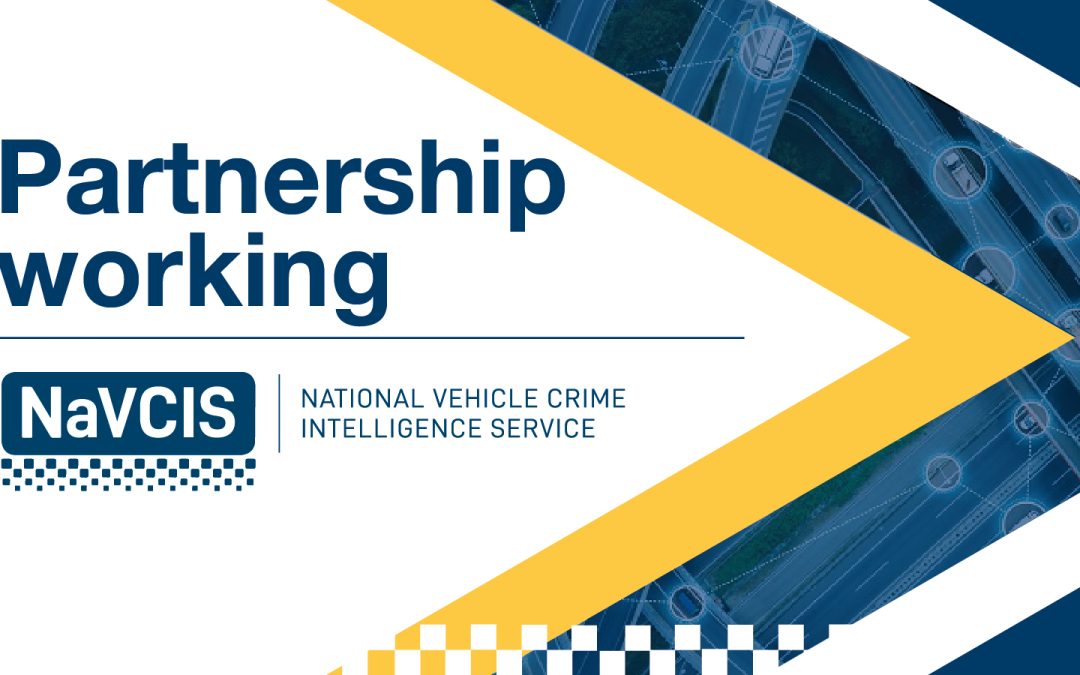In a bid to counter rising levels of crime against commercial drivers, business group Logistics UK has established the first official partnership of its kind with the National Vehicle Crime Intelligence Service (NaVCIS).
NaVCIS is the national specialist policing unit that bridges the gap between policing and industry, providing advice, information and guidance to improve safety levels and reduce the incidence of crime across industry.
As Maddi Solloway-Price, Logistics UK’s Head of Road Freight Policy explains, the partnership aims to assist member organisations to identify and mitigate against potential risks to vehicles and staff while delivering for customers: “Freight crime is on the rise,” she explains, “with goods worth more than £111 million stolen from vehicles in the past year.
“While the commercial cost of these thefts is obviously critical, particularly for an industry such as ours which operates on particularly narrow margins, the impact on drivers’ mental health and driver retention is especially concerning to the long-term security of our member businesses and the wider supply chain, as well as the wellbeing of our drivers. They are the lifeblood of our industry and deserve to feel safe and secure when undertaking their daily work – that is our main priority.
“We look forward to welcoming speakers from NaVCIS to our autumn series of Transport Manager conferences, where they will share their knowledge and advice on minimising risk to employees and cargos. In addition, we will be working closely with them to share their insights when identifying tactics and trends employed by offenders to target the movement of goods and prevent future incidents.”
PC Michael Dawber, Field Intelligence Officer at the National Vehicle Crime Intelligence Service (NaVCIS), is excited by the opportunity the new partnership will provide to talk directly to the logistics sector, he said:
“Our work uncovers the many ways organised crime groups operate in order to steal cargo from commercial vehicles. NaVCIS is the bridge between policing and industry. Through our data analysis, we hope to help the industry identify potential areas of weakness in the supply chain and protect goods moving from the manufacturer to the end user.”
As part of the business group’s focus on raising awareness of freight crime, Logistics UK will be hosting a round table on the topic with Rachel Taylor MP and NaVCIS in early September. This will take place ahead of the MP’s bill on the topic, which includes a call for stricter sentencing guidelines for those found guilty of freight crime, reaching its second reading in the Houses of Parliament on 12 September.
“Logistics operators and their drivers deserve to work in a safe environment,” continues Ms Solloway-Price. “At Logistics UK, we are confident that this new partnership will help us to reassure our members while working with police authorities nationwide to ensure that risks to the supply chain are reduced.”

